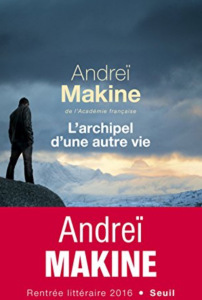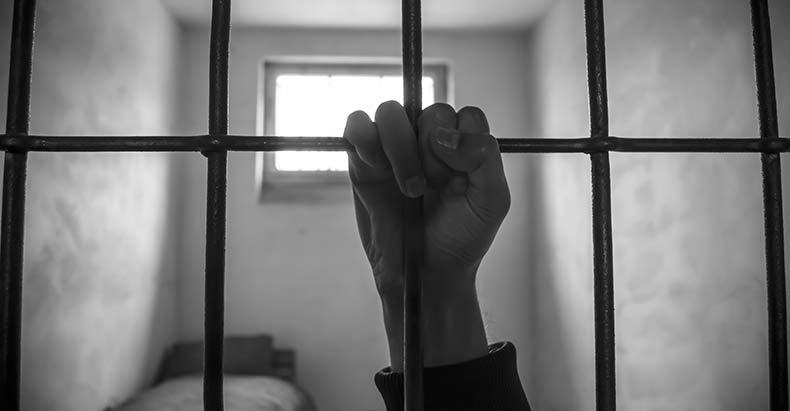—At night, from here on we saw the fire lit by the fugitive.normally he lit three, several metres from each other which prevented a successful attack. It would have been easy to catch him sleeping, but next to which fire? A night attack against an armed man was too risky. And our orders were strict: he had to be kept alive to allow him to be punished in an exemplary fashion to terrorise the other prisoners..***
It would have been easy to catch him sleeping, but next to which fire? A night attack against an armed man was too risky. And our orders were strict: he had to be kept alive to allow him to be punished in an exemplary fashion to terrorise the other prisoners..***
Andreï Makine takes us on a journey through the Taïga with a diverse group of Soviet era conscripts in the pursuit of a fugitive which at the slow speed of an awakening brings the central character, Pavel Gartsev, to see the times he lived in, to lead him to question himself and then finally leads him in the continued and extreme pursuit of an ideal on the archipelago of the title, the Chantar islands off of the eastern coast of the Soviet Union.
—In my youth I often thought back to the hermits of the Chantars. At one point their exile seemed incomprehensible, even frightening. To cut oneself of from society, to shut oneself off entirely in the ice, on a small island surrounded by a raging ocean! To refuse the spectacle of life, its emotions, its rivalry! I was then at the age where I was blinded by diversity and intoxicated by the number of different postures. Where changing roles gives the illusion of freedom. Where multiplying yourself through thousands of relationships is interpreted as having a rich life.***
The story concerns a group of soviet citizens in 1953, in the final months of Stalin’s life, taking part in a survival exercise in the Taïga in the event of an American nuclear attack. Five of them are seconded to pursue, apprehend and bring back an escaped prisoner from a soviet camp. In theory a simple task for five well equipped Soviet soldiers against a poor weakened prisoner. Makine takes us down the well worn road of totalitarianism, the nominal army chief and the real chief, his political commissar, the ambitious soldier sucking up to the commissar and the soldier who has himself spent time in the Gulag before being totally cleared. Nothing new here, it is however entirely believable.
As the chase is drawn out, with the prisoner proving himself able to live in the Taïga and the soldiers, extenuated and slowly dropping out of the chase due to injuries, the remaining pursuers discover that the prisoner, so skilfully evading them is a woman:
—The fact that the fugitive was a woman completely changed our outlook. Before, we felt a certain compassion for this barefooted fugitive. He was what could happen to any one of us in these unpredictable and terrible times in which we lived. But to be faced with a woman changed everything for us. She had humiliated, even diminished us. We were the real victims! Tossed around in this endless Taïga. Our honour had been questioned. Diminished by a girl who could shoot better than us, walked bravely, pushed back our attacks keeping her composure. On top of this when she could have killed us, she had chosen not to!***
Following this discovery, they try much harder to capture her, talking about all of the the things they dream to do to her in order to regain their lost masculinity. It is at this point that Gartsev slowly begins to question what they are doing. The Soviet machine is unforgiving and if they do not bring her back then helicopters and troops will be sent after her which explains her choice of the most remote uninhabited point of the USSR as her destination:
—The words of Pavel came back to me with their calm certainty: follow day after day, a woman that has no knowledge of you as you have no knowledge of her destination, to live only for the unending journey, not to ask anything of the other. For a short moment the exciting madness of this dream Intoxicated me***
The story is told by a narrator that had met Gartsev in the Taïga and came back many years later looking for him, this part of the story was of no interest to me. An interesting book but not one of Makine’s best
First Published in French as “L’Archipel d’une autre Vie” in 2016 by Seuil
*** My translation
- More






